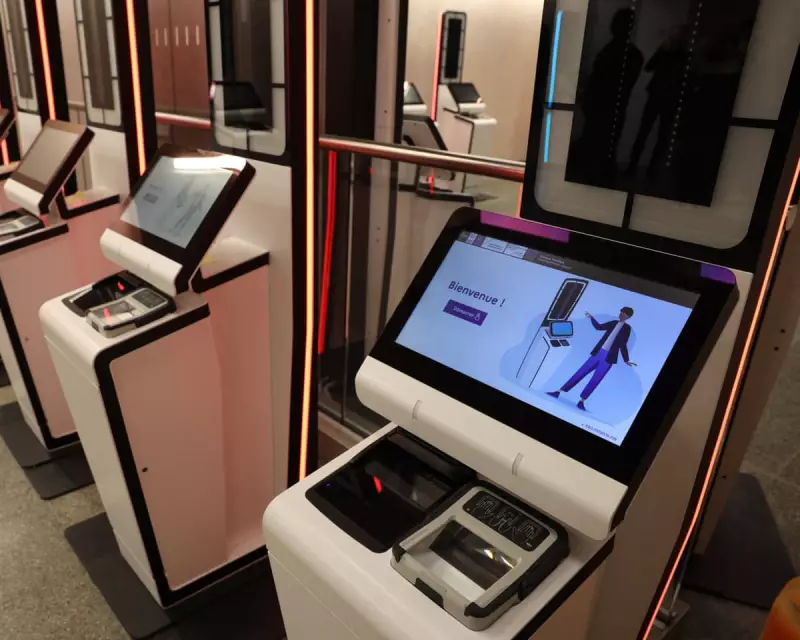
British holidaymakers and business travellers heading to European Union destinations will encounter significantly changed border procedures starting October 2025, as new biometric screening requirements come into force.
What Changing for Britons at EU Borders
The European Union's Entry/Exit System (EES) will mandate that all British passport holders provide fingerprint scans and facial images when crossing into EU member states. This automated system represents the most substantial shift in border formalities since Brexit.
The new checks will apply to all air, rail, and sea routes connecting Britain with EU countries, though the Channel Tunnel will implement a modified version of the system.
Potential Travel Disruption and Delays
Industry experts warn that the additional biometric procedures could substantially increase processing times, particularly during peak travel periods. The need to collect fingerprints and facial data from each traveller means what was once a quick passport stamp could become a several-minute process per person.
Key implications for travellers include:
- First-time visitors will need to register biometric data at the border
- Subsequent entries will verify identity against stored information
- Potential for significant queues during initial implementation
- Children under 12 will be exempt from fingerprint requirements
Data Collection and Privacy Considerations
The EES will record travellers' names, passport details, biometric data, and entry/exit dates across EU member states. This information will be retained for three years after each trip, raising questions among privacy advocates about data protection and usage.
While the system aims to strengthen border security and monitor visa overstays, concerns have emerged about how this sensitive biometric information will be safeguarded and who might access it.
Preparation and Practical Advice
Travellers are advised to allow extra time for border crossings, especially during the initial rollout phase. Keeping hands free from luggage during the process and being prepared to remove items like hats and sunglasses for facial recognition will help streamline the experience.
The implementation marks another post-Brexit reality for British travellers, who previously enjoyed frictionless movement within the EU. As one border official noted, "This represents the new normal for UK-EU travel relations."





